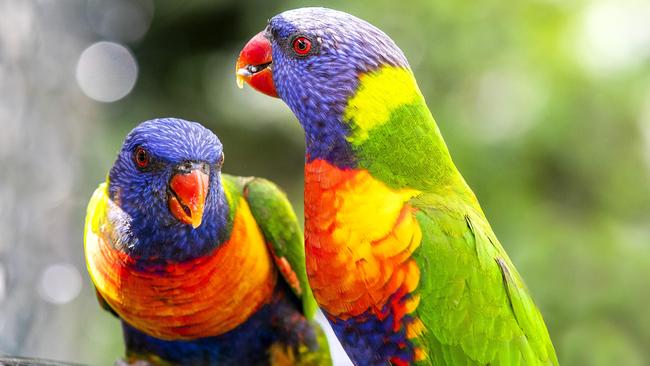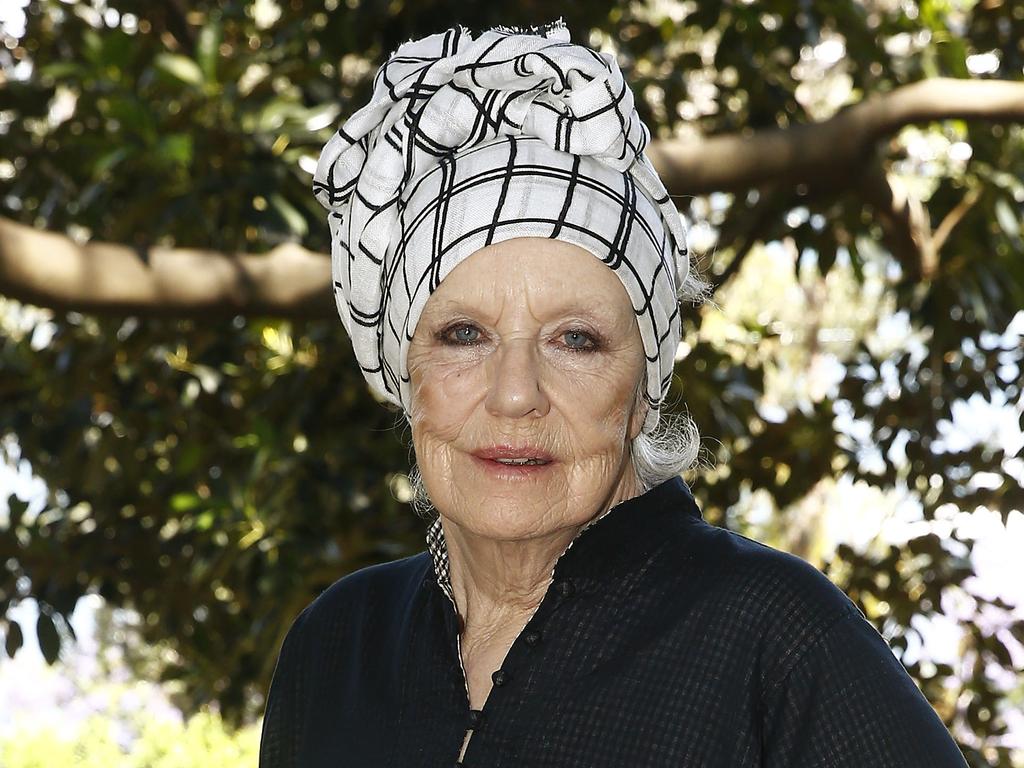
Those familiar calls from an Aussie childhood, wrapped in our Gould League memberships. Orana! Orana! Indeed. “In the blue ranges lorikeets calling, carols of bush birds rising and falling.” They do rise and fall, in shifts, this citadel of birds in their towers and screens of green. There’s the small, quiet, twittery ones in wan predawn light, then the big boys babbling and squawking as the morning firms. It’s such a distinctive glory, a comfort blanket of delight.
And now, tragedy. Nine more of our birds have been added to the dreaded endangered list, all in a single day. Including that iconic superstar, the pink cockatoo. They nest in tree hollows, which are the victims of large-scale land clearing. Habitats are also assaulted by bushfires that are increasing in frequency and intensity as well as by overgrazing from rabbits, goats and kangaroos. It’s all led to a 71 per cent decline in the pink cockatoo’s reporting rate over the past four decades.
Poet Judith Wright wrote generations ago of “birds long vanished with the fallen forest”. And of Charles Harpur, who recorded in his journals the birds in bushland around him that vanished. “He watched in love,” Wright wrote, as do so many of us. And listen in love, too, perhaps. But now we’re faced with the relentless march of the black-roofed houses that eat up the bushland on our city fringes, as well as land clearing for not only farming and mining but for renewable energy projects such as wind farms. “With deforestation comes extinction: Australia is the worst offending country for mammal extinctions,” the Wilderness Society explained. “Deforestation – the reduction or complete removal of native forest and bushland – has escalated over recent years to reach globally significant levels. Eastern Australia is now a recognised global deforestation hotspot, alongside places including the Amazon, the Congo and Borneo. And the state leading this destructive charge is Queensland.”
Birds are indicative of a region’s general health – if they’re in trouble, other species are too. Birdlife Australia’s Sean Dooley says, “Extinction is often a quiet process, happening out of sight.” He speculates that the Coxen’s fig-parrot – recently labelled as critically endangered – may have vanished from the planet without anyone noticing. For decades there have been no verifiable sightings in its rainforest habitats. Historical and current land clearing is driving out once common woodland species, such as the diamond firetail, the southern whiteface and the blue-winged parrot. The glory in all those names – and all on our threatened species list. A poll from the UK’s Royal Society of the Protection of Birds found that hearing birdsong, and being able to see birds in our daily life, boosts the wellbeing of nine in 10 people. Imagine a world bereft of birdsong. An ominous avian silence.
I leave you with Les Murray’s window-struck kingfisher; a beautiful moment of connection between a winded bird, the human species and vast eras of planetary time.
“…it crept over my knuckle / and took my outstretched finger / in its wire foot-rings. /Cobalt wings, shutting on beige/body. Gold under-eye whiskers, / beak closing in recovery / it faced outward from me. / For maybe twenty minutes / we sat together, one on one, / as if staring back or / forward into prehistory.” How lucky we are to have that early morning screech and squabble, a gift to us all.








The glorious squawk is the joy of this country. That cram of birdsong in the early morning, crashing us awake; the squabbles and shrieks of excitable industriousness in our trees. This world feels so alive, and in our cities too. There was the shock of it after 14 years of living in inner London, with its relative birdsong silence – the wonder of coming back to the sheer volume of our nation’s dawn chorus.